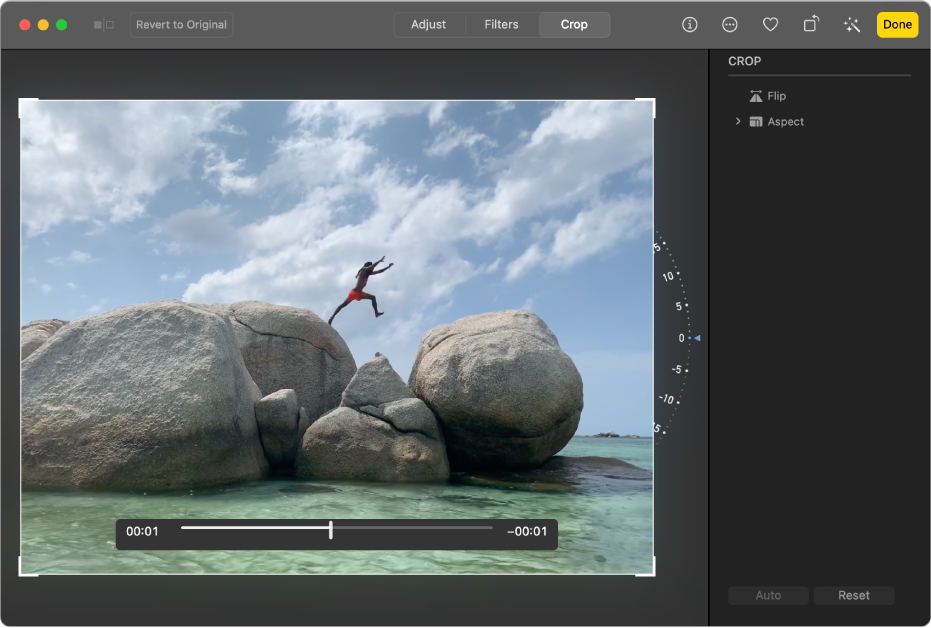I want to set the don't fragment flag on IP. On a socket this is what I want to do: int val = 1; setsockopt(sd, IPPROTOIP, IPDONTFRAG, &val, sizeof(val)); However IPDONTFRAG does not seem available on Mac OS. Am I missing something? Or did I forget to include it correctly? Thanks in advance if anyone knows-Sam. Don’t wait until you’re at your desktop to work on your project. Get editing as soon as inspiration hits you. Lightworks is a CPU-light software that doesn’t take up much space on your device. It only needs 200MB of free space to install, and a further 3GB of RAM to run smoothly. Compared to other video editors, it’s very light. Mac OS X 10.10 Yosemite is one step closer to your Mac desktop. The public beta of Apple's next computer operating system will be released Thursday at 10 am PT. After checking it out for more than.
Revised, June 10 2020: REGISTRATION IS NO LONGER NECESSARY FOR DOWNLOADS. Registration is only required for Forums access. Why register for the Forums? This is the only place you can get or ask for help for LightZone. It's a community based project, so it's the community that provides support. Please be a part of our community, the more engaged people we have the better the community. But by the act of registering understand that you are giving The LightZone Project permission to hold your account details on secure servers by a hosting service. Please don't ask us to delete your account or remove those details, or argue with us about security. Just don't register, and accept the idea that you'll be on your own with regards to support.

Q Others used to advise periodically defragmenting files on your startup drive, and you used to recommend defragmenting its free disk space. Do these still apply to El Capitan, and if so, how should I do them?
A These are traditional housekeeping measures which were once considered to be very important to optimise performance in OS X and its applications.
The theory behind defragmenting files is that reading from hard drives is quickest when the drive does not have to keep chasing fragments of the file which have become scattered to different parts of the drive. The theory behind defragmenting free space is to ensure that OS X and applications can obtain contiguous areas of free disk space for their scratch and working files, again to improve their speed of access.
These have become progressively less important as OS X has become better at performing its own background housekeeping to minimise the fragmentation of files, and as SSDs have become more widely used. You should never attempt to defragment files or free space on an SSD: that would be pointless, and would shorten its working life.
Fragments Of Light Mac Os Download
If you use an SSD as your startup drive, or have a Fusion Drive, you definitely need not worry about file or free space fragmentation.
Fragments Of Light Mac Os Update
If you still start up from a normal hard drive, then there might be some benefits in periodic defragmentation. But it is more important to keep ample free space, so that OS X can do its housekeeping, and obtain the scratch file space it needs.
The other side to this is that El Capitan is not as easy to defragment either. There are still some file defragmentation tools, but I would be wary of using them at present. The old trick of cloning your startup drive to an external disk, and cloning it back to the startup drive, is now fraught, and could leave you with a system which cannot boot from either drive. This is because of the way that the Recovery partition is implemented, and gets to be more of a problem if you are using a Fusion Drive.
So for the moment, probably with Yosemite and certainly with El Capitan, you should keep ample drive space free, but not worry about defragmenting either files or free space. That should keep life simple, reliable, and stress-free.